Mozambique: 18 illegal migrants detained - Watch
“Voices of Wiriyamu” remembers victims of massacre in Mozambique
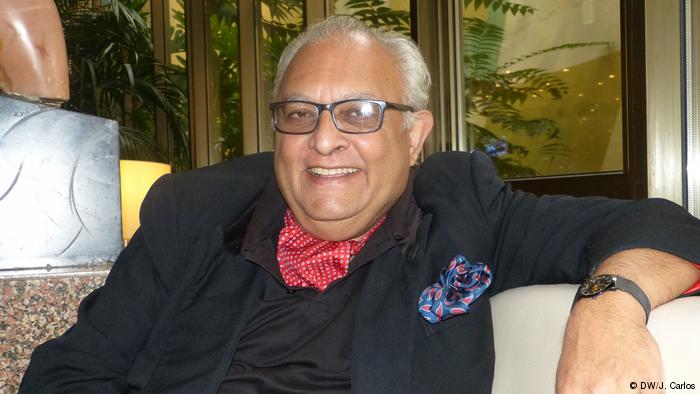
Mustafah Dhada (Deutsche Welle)
Mustafah Dhada will soon launch his second work in memory of the victims of one of the worst massacres in Mozambique’s history. Portugal has not yet acknowledged “systemic violence” in the colonies, he said in an interview with DW.
Portugal is free to celebrate its history with pride and teach it in its schools, but it cannot ignore the complex and critical periods, such as the colonial war, that marked its presence in the old territories in Africa. So says Mustafah Dhada, the Mozambican academic investigating the events surrounding the Wiriyamu massacre of December 16, 1972.
In an interview with DW Africa, the US-based professor of World History and African Studies questions the “amnesia” still evident in Portuguese society surrounding the country’s 500-year colonial past.
“How is it that there is such a profound amnesia ? That the Portuguese do not feel the weight that is the Moorish part of the history of Portugal? I do not understand that,” he says.
The chapter on crimes committed by Portugal is not completely closed with the monument in Mozambique in honour of the victims of the Wiriyamu massacre. Dhada says it is not enough for Portugal to publicly acknowledge this dark period of its history.
“Portugal does not recognize the structural, systemic violence it practised in the colonies. Even if this revelation of truth satisfies people who fought for anything in the former colonies, I think they [the Portuguese] should do more than that.”
In addition to accepting responsibility officially, the Portuguese government should erect a monument in Portugal in permanent memory of this historical period, a salutary reminder for its collective citizenry of its actions in the former African colonies, the US-based historian proposes.
Featured witnesses
Mustafah Dhada has prepared a new book, provisionally entitled “Wiriyamu’s Voices” (Vozes de Wiriyamu), with a possible later translation into Portuguese, in which he gives voice to the sources who have reported on the massacre. “The questions I’ve asked do not interrupt the text process, so it’s much easier to read an uninterrupted text from the researcher,” he explains.
They are key personalities who, according to the author, played an important role in the construction of his first work “The Portuguese Massacre of Wiriyamu – Mozambique 1972.”
The second book highlights the role of the Catholic Church at that time in the socio-political transformation in what was then Tete district in central Mozambique, and which contributed to changing the stance of the then Portuguese police.
Dhada’s study is probably the definitive work on the Wiriyamu massacre, though there are some gaps in the book he published earlier, notably in the pages dedicated to the Riacho massacre.
Some of the people who headed the slaughter, including agents of the Directorate General of Security (DGS, former PIDE), have passed away. “There is an informant that I have not been able to interview, who is still alive, and who is in a place that I can not divulge simply because if there is a possibility within a year, I will go and interview him,” he says.
The historian interviewed more than 200 victims’ relatives and concluded that, after this new publication and given the reconstitution of the social and administrative life of the five villages in the Wiriyamu triangle, there will not be much more to tell.


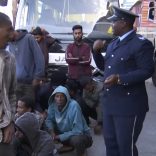
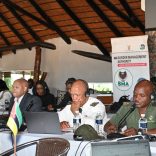
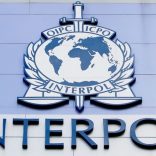
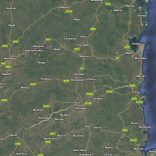

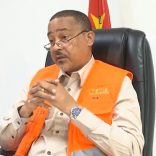




Leave a Reply
Be the First to Comment!
You must be logged in to post a comment.
You must be logged in to post a comment.